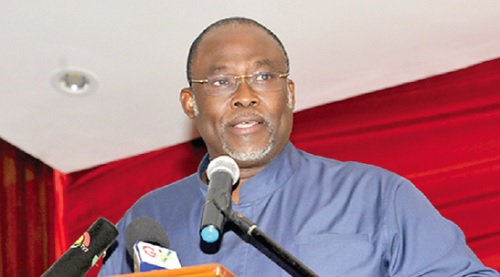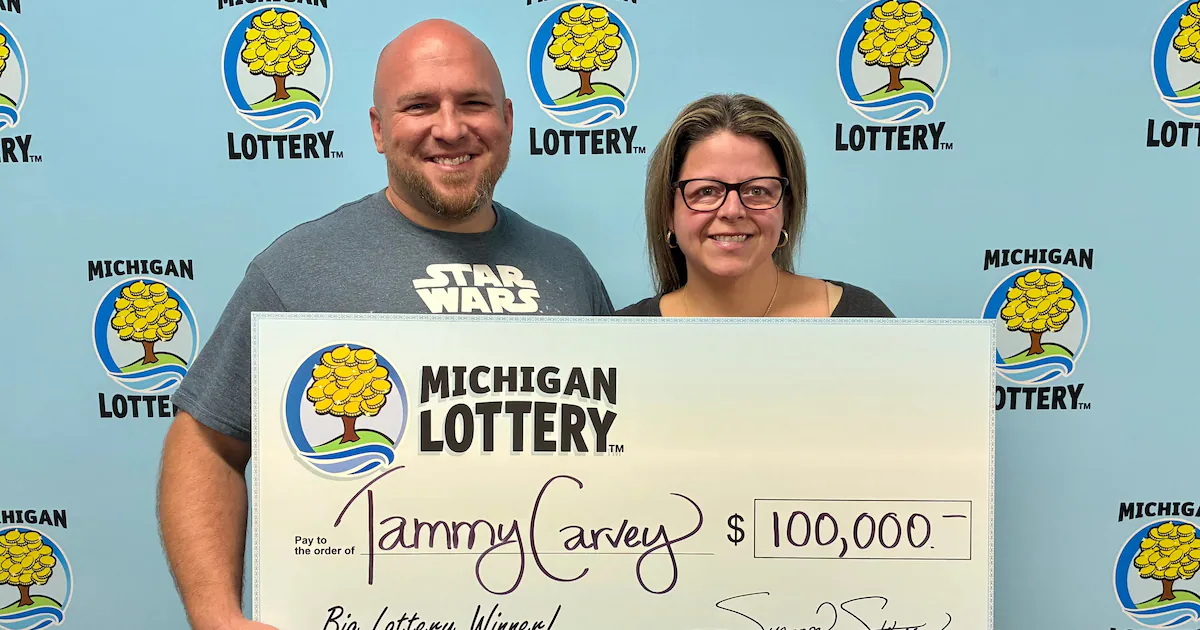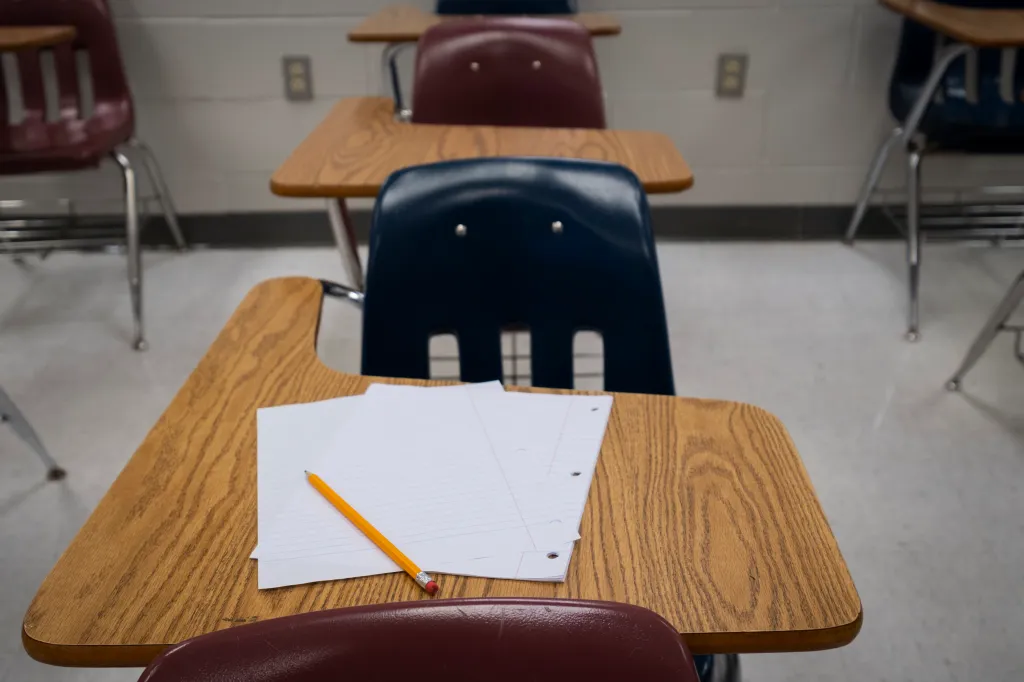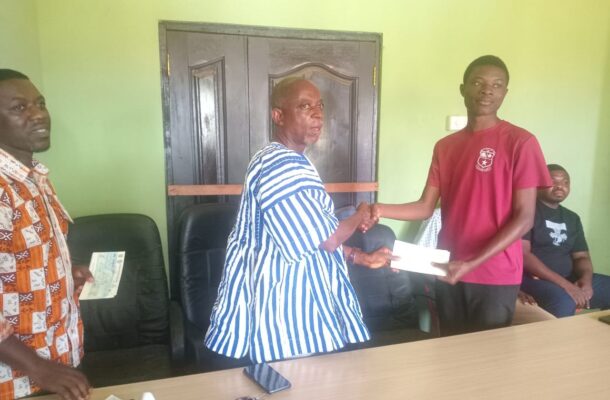Copyright The Oregonian
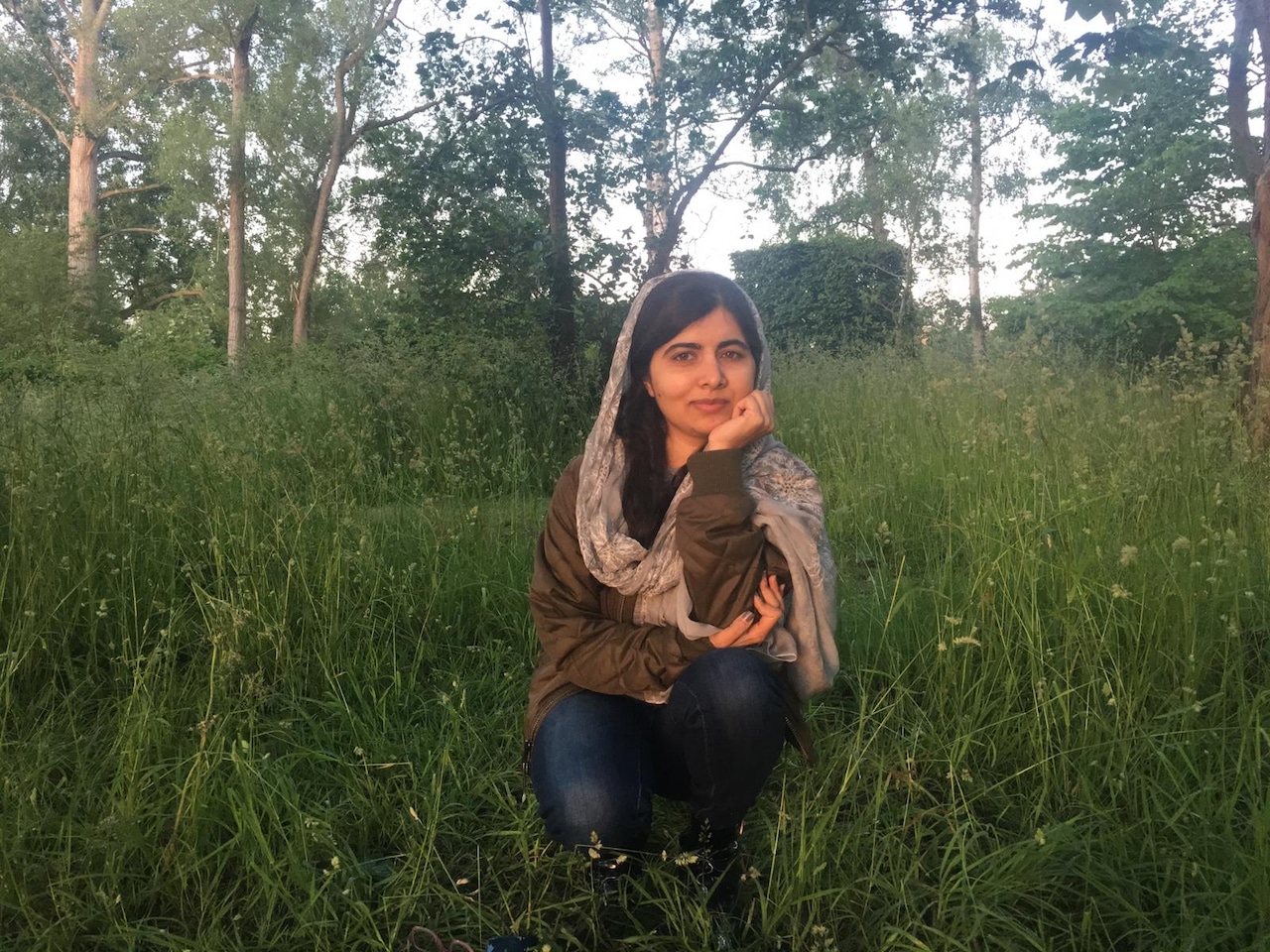
“Malala” is a household name. Her face is on billboards, exhorting people to do the right thing. Her face, eyes smiling, is the embodiment of a young woman fighting for the right thing. But who is the woman who was the girl with a one-word name? Malala Yousafzai’s new book, “Finding My Way,” which comes out Tuesday, seeks to answer that, and just maybe take Yousafzai off the billboards and into the real world. Yousafzai will stop at Portland’s Newmark Theater on Sunday, Nov. 16. Tickets are available now. “‘Finding My Way’ is the most personal reflections I have ever shared,” Yousafzai told The Oregonian/OregonLive last week. “This is a story of me navigating my life as a lonely school student into becoming a reckless college girl, to becoming this young woman who is at peace with herself.” And this is Yousafzai in a way that may be surprising, or even shocking, to those who still think of her as a near-saint, the youngest ever winner of the Nobel Peace Prize. Take, for example, the bong. In her new book, she tells the story of smoking cannabis from a bong. However, this isn’t just a memoir of youthful debauchery. Her experience with cannabis unlocked Yousafzai’s traumatic, buried memories of being shot because of her activism at age 15. Still, “Finding My Way” isn’t just about the heavy realities of the life of a beloved and hated youth activist. “This is me introducing myself beyond the titles and headlines I have received,” Yousafzai said. “I have shared my difficult experiences, but I have also shared my fun and entertaining experiences as well, from nearly failing my exams to being ghosted by my first crush.” She talks about friendship, love and mental health – terrestrial topics, maybe, for a Nobel laureate, but a not-unexpected turn for a 28-year-old woman who has spent the majority of her life as a public figure. Even Nobel laureates have crushes, after all. But, even as Yousafzai grows from a youth activist into an adult, she hasn’t lost sight of her original mission: Access to education for girls around the world. And while girls may freely attend school in the United States, everyone can still learn from her example. " In my own struggle for my right to education, I quickly understood that change does not happen itself, and you cannot wait for somebody else to come and speak for you," Yousafzai said. “You can be the first voice in your community to uplift other people and to mobilize for a change.” “I became an activist at 11 years old,” she added. “I had no tool, no expertise. All I had was my story.”
